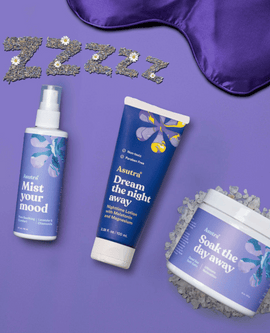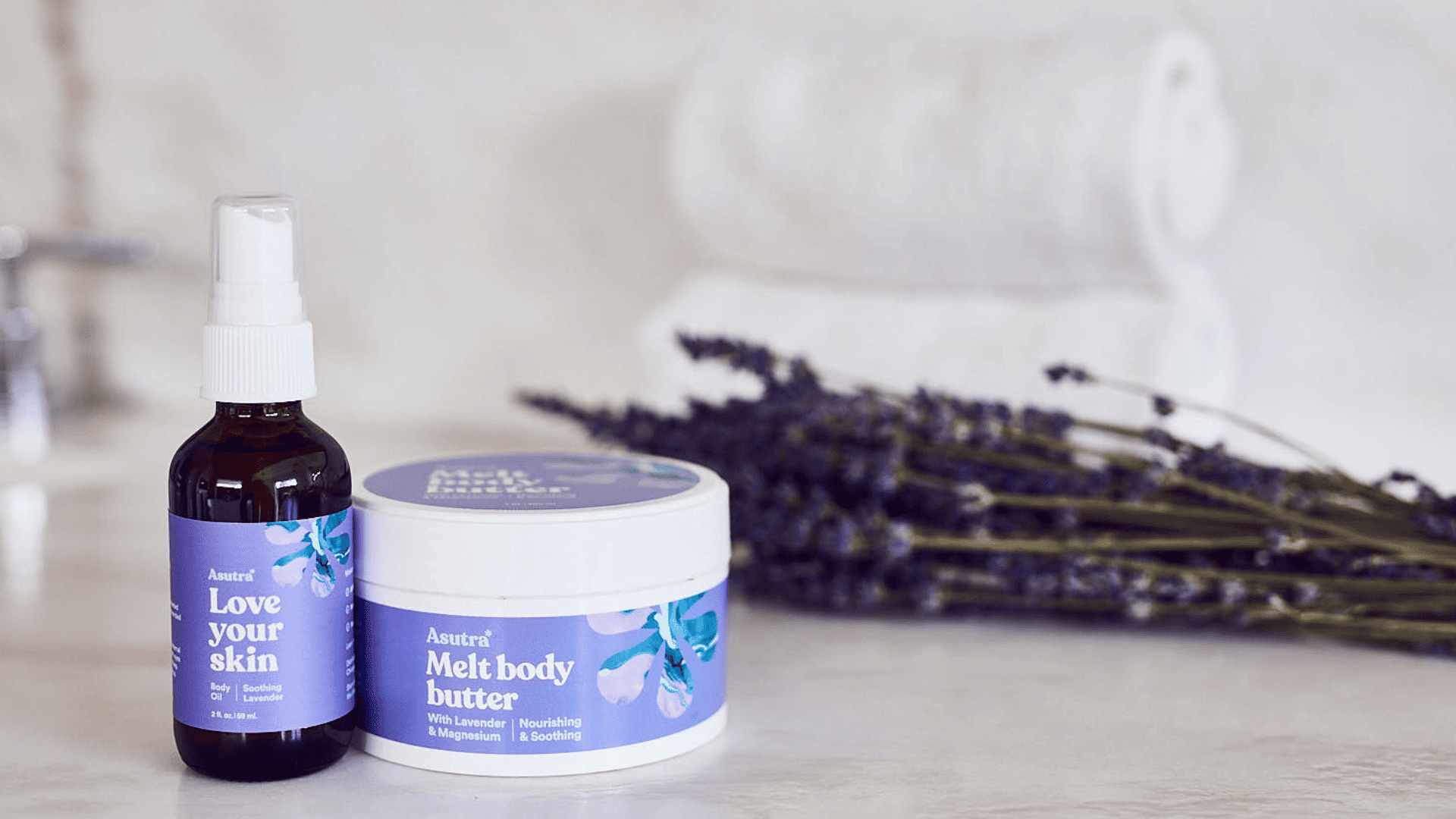An interview with Dr. Soyana Rafatjah.

Taking care of yourself on purpose is perhaps never more important than after giving birth. It might also feel like the hardest time to do it! We spend a lot of time preparing to give birth and prioritizing (rightly!) our health and self-care through each trimester of pregnancy. But once the baby is born, it can be a real struggle to support yourself when there is a little one relying on you night and day.
After childbirth, women’s bodies are under tremendous stress. The sudden decrease of progesterone and estrogen hormones can lead to postpartum depression. Milk production for breastfeeding can deplete the body of needed nutrients, and recovering from pregnancy, labor and delivery can lead to ongoing aches and pains.
We talked with Dr. Soyona Rafatjah, a member of our advisory board and a new mom, to learn how the addition of magnesium-based treatments may help women manage their postpartum woes, from pain management to milk production, and that infamous lack of sleep. Everyone has a unique pregnancy, birth, and recovery. We wish you all well and hope Dr. Soyona’s insights help.
How can I address the ongoing aches and pains in my body as I recover from childbirth?
Dr. Soyona: Warm baths are always a good way to provide soothing comfort for aches and pains. The addition of magnesium flakes can take that comfort to new heights. This is because magnesium is a calcium regulator. Women who don’t have the proper balance of calcium and magnesium can suffer from internal contractions in the body, (aka muscle cramping). The absorption of magnesium, especially topically through the skin, can help relieve tension in the hips and lower back, promote uterine relaxation, relieve menstrual-like cramping, and even take care of those pesky charley horses that many pregnant and postpartum women suffer. Keep in mind that if you have lacerations from giving birth, your doctor may advise you not to take baths. However, they do tend to recommend sitz baths for recovery, which is very similar. Either way, adding magnesium flakes to a sitz or regular bath will provide added pain relief and promote healing. If you’ve had a c-section, it’s best to wait 6 weeks or however long your doctor advises you, before submerging your scar in water.
Can nursing mothers benefit from added magnesium?
Dr. Soyona: A common complaint from new mothers comes with milk production and breastfeeding. If you’ve ever experienced a clogged milk duct, you understand. Combining magnesium salts with a warm compress can provide relief from this pain. Dehydration is also a common challenge for nursing mothers. Women often struggle to get enough water intake. What they consume is allocated for milk production. This can lead to uncomfortable GI issues, including constipation and hemorrhoids. Even if your prenatal vitamin contains magnesium, these GI issues and general inflammation in the small intestine may prevent you from absorbing it. An ideal solution is as simple as an added boost of magnesium from creams or flakes that are absorbed through the skin.
It seems like I am always tired, even when I do manage to get enough sleep. How can I get better rest?
Dr. Soyona: Disrupted sleep is par for the course with a newborn in the home. The common advice so often shared with new parents is to ‘“sleep when the baby sleeps.” But what if sleep eludes you? The stress of a new baby, the uncomfortable aches and pains, and the increased levels of cortisol and norepinephrine (adrenal hormones that increase our sympathetic nervous system and our fight or flight response) all contribute to sleep loss. Even when we get to rest, it is not always the quality rest that promotes healing and recovery. Magnesium is known to decrease cortisol and norepinephrine levels. Magnesium can help calm the body, and paired with a warm bath and lavender essential oils, it can become part of a safe and effective sleep routine that helps you get the rest you need.






